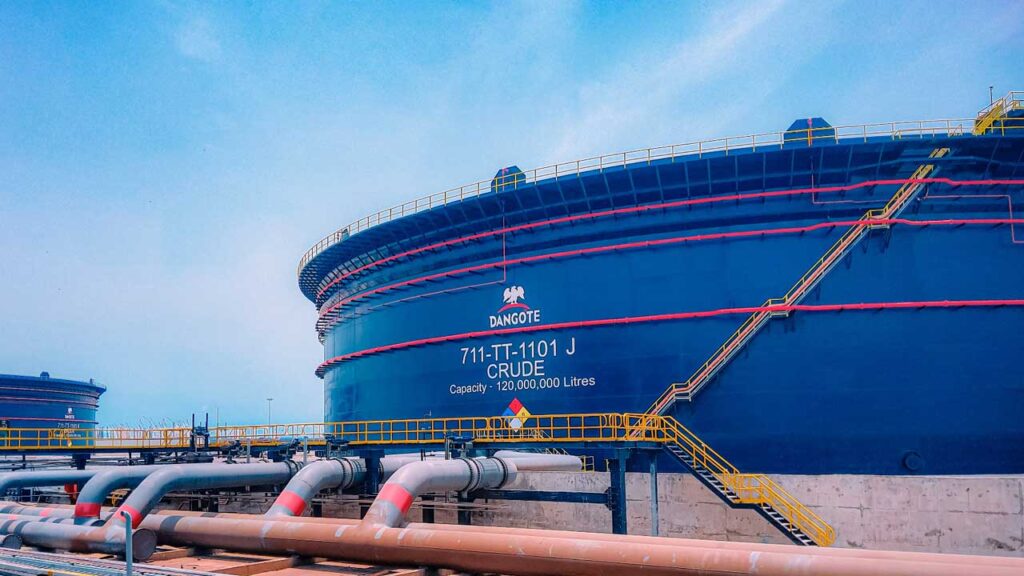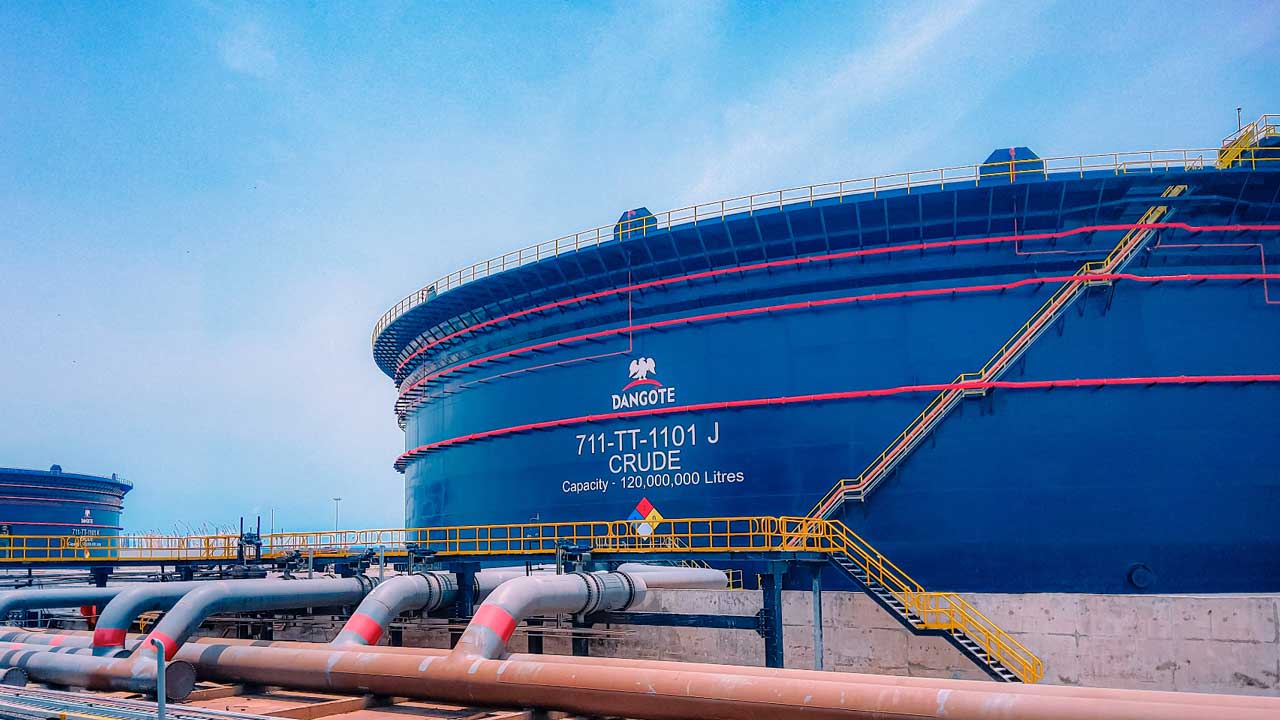The ongoing dispute between the Nigeria Union of Petroleum and Natural Gas Workers (NUPENG) and Dangote Refinery has sparked a significant legal debate in Nigeria, with differing opinions among legal experts regarding workers’ rights to unionize.
Background of the Dispute
NUPENG initiated a strike action, demanding the unionization of workers at Dangote Refinery, citing the company’s resistance to allowing employees to join recognized trade unions. The strike led to disruptions in petroleum product supply across the country, prompting interventions from various stakeholders, including the Department of State Services (DSS).

Legal Perspectives on Unionization
Legal experts are divided on the matter of unionization at Dangote Refinery. Some lawyers argue that the right to unionize is a fundamental right protected under Nigerian labor laws and international conventions, emphasizing that workers should have the freedom to join unions without interference from employers. They contend that denying this right undermines workers’ dignity and violates established legal frameworks.
Conversely, other legal professionals assert that the specific circumstances surrounding Dangote Refinery may warrant exceptions. They point to the company’s claims that over 30 refinery licenses have been issued to private players, with active developments by other entities such as BUA, Aradel, Walter Smith, and the Edo Refinery .These lawyers suggest that the competitive nature of the industry and the company’s operational model could influence the applicability of standard unionization practices.
Government and Union Interventions
The Federal Government, through the Ministry of Labour and Employment, facilitated negotiations between NUPENG and Dangote Refinery, resulting in a Memorandum of Understanding (MoU) that recognized the right of workers to unionize. The MoU stipulated that unionization would be completed between September 9 and 22, 2025, and that no worker would face victimization for participating in the process .
Public and Legal Reactions
The legal community remains divided on the implications of the MoU and the broader issue of unionization at Dangote Refinery. Some legal experts view the agreement as a positive development that upholds workers’ rights and sets a precedent for similar cases in the future. Others caution that the specifics of the agreement may not be applicable to all industries and that each case should be evaluated based on its unique circumstances.
Conclusion
The disagreement among Nigerian lawyers highlights the complexities surrounding workers’ rights to unionize, particularly in private sector enterprises like Dangote Refinery. As the situation develops, it underscores the need for a nuanced approach that balances legal protections with the operational realities of businesses. The resolution of this dispute may have far-reaching implications for labor relations and legal interpretations in Nigeria’s industrial sector.



















